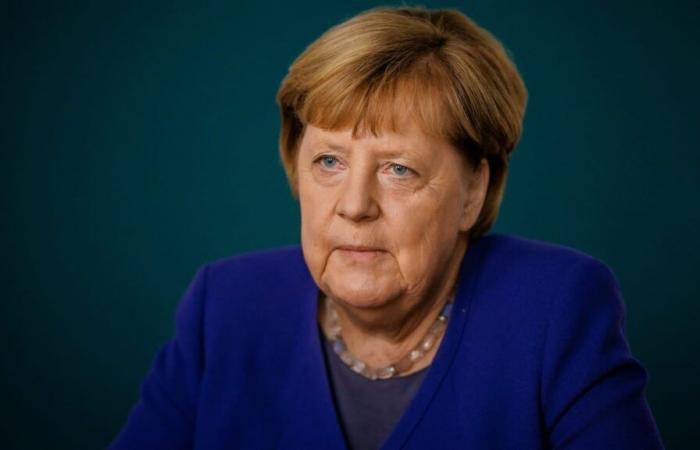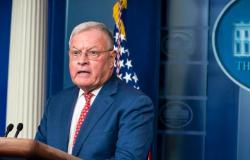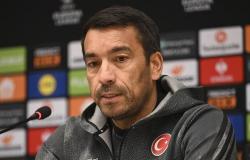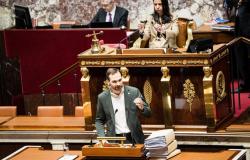Angela Merkel commented on “Maybrit Illner” about the “hereditary blasts” from her era. She did not want to apologize for her Russia policy.
Former Chancellor Angela Merkel commented on “Maybrit Illner” about the oft-quoted “legacies” from her era. She did not want to apologize for her Russia policy.
- Angela Merkel, former Chancellor of Germany D. (CDU)
As part of the publication of her recently published memoir “Freedom”, Angela Merkel asked herself questions on “Maybrit Illner” on Thursday evening about the three major topics of the energy crisis, the war in Ukraine and the 2015 refugee crisis. In doing so, she justified her political issues, which are often controversial even in her party Decisions.
Right at the beginning of the program, Merkel admitted that she had not found a solution to one of the major problem areas of our time during her chancellorship. “By the end of my term in office, I had not found a decisive answer to the human-threatening issue of climate. The feeling remains that more must be done. In Germany and also worldwide,” she stated.
Looking back, Merkel denied that phasing out nuclear energy was a mistake given the energy crisis. The exit from nuclear energy was due to the catastrophe in Fukushima: “I attributed the reactor accident in Chernobyl to Soviet sloppiness. But I could not have imagined that something as unlikely as what happened in Fukushima would happen in a highly developed industrial country like Japan . That led me to say, we are withdrawing the extension of the terms.” A return to nuclear energy is not recommended for them.
Merkel also spoke out in favor of reforming the debt brake. At the time, she supported its introduction with full conviction, as Germany had very high levels of debt at the time of the financial crisis. Nowadays, she doesn’t think it’s necessary to abolish the debt brake, but rather to revise it. “We are under great, great pressure to invest because at the same time we have to massively increase defense spending. We have to make the switch to CO2-free technologies.” We are technologically behind in comparison to other regions of the world – we need to invest in this. However, the money cannot be used for social spending.
Merkel repeatedly held back from giving advice to the federal government. “Well, first of all, I trust the wisdom of those who bear responsibility today and won’t give any tips from the sidelines,” said the politician, who also called for “unity among the actors.”
The topic of the Ukraine war took up a large part of the broadcast. Merkel argued why she rejected Ukraine’s quick accession to NATO in 2008. It was the “fatal fear of Putin” that “driven” former French President Nicolas Sarkozy and her back then. Ukraine would not have had NATO protection during the so-called “Membership Action Status”, which experience has shown lasts four to five years – and there was great concern that Putin “would not let this happen idly”.
In retrospect, Merkel believes her decision was the right one, as she said. Merkel commented on an apology for a failed Russia policy, such as that expressed by President Frank-Walter Steinmeier, with the words: “I only apologize for things that, in retrospect, I really believe were for a certain purpose Wrong timing.” As an example of this, she cites the Easter rest during the Corona period. “But I have to understand the question of the time in which I made the decision,” said Merkel.
The former Chancellor also spoke about an interesting sentence that the Russian ruler said to her: “You won’t be Chancellor forever and then you will become a NATO member. And I want to prevent that,” Putin once said to Merkel.
However, Illner vehemently denied the quite provocative comment by Illner that Putin had relied on Merkel: “No, no, no. I deny that he relied on me. Because I also said in the same communiqué, Ukraine will one day also be a NATO member. It wasn’t about a Russian veto.”
Putin wanted to split NATO. Corona has made the diplomatic situation in this matter significantly more difficult.
She also did not want to give any advice to her successor Olaf Scholz about how to proceed in the Ukraine war: “I support what the federal government is doing and will not comment critically on it here on television. And all other discussions must take place among the people those acting today.”






